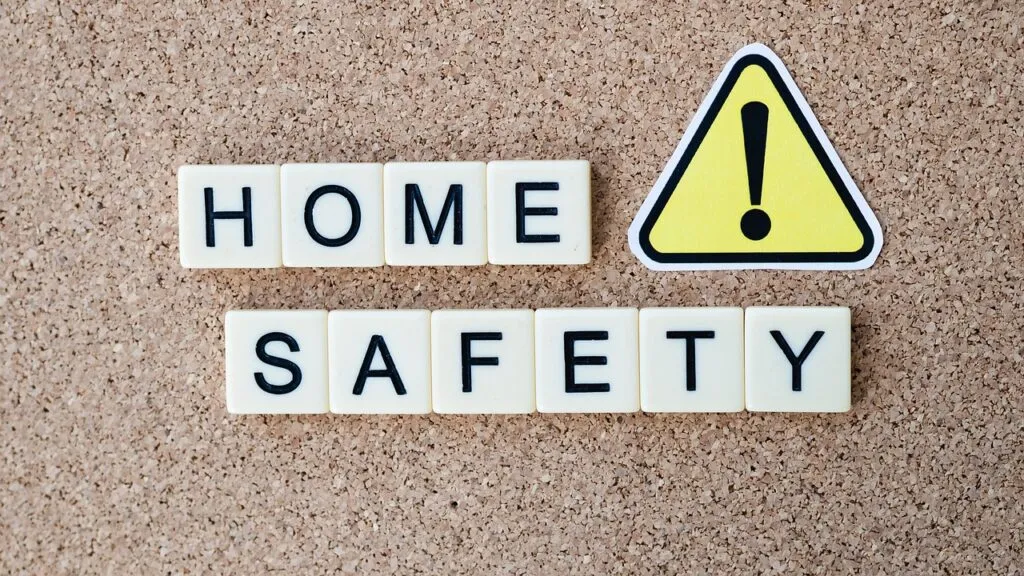SunCity Hot Water always follows safety regulations when installing your hot water system because we prioritize your safety. That’s why we wanted to create this to inform you of the safety tips you can use on your hot water system as a homeowner. Hot water can seriously burn people if not used carefully, especially small children and the elderly. Homeowners must understand hot water safety precautions to avoid accidents and protect their loved ones.

Risks
Potential risks of hot water systems for the uninformed include:
- Scalding: Hot water can quickly result in severe burns, particularly in children, the elderly, and those with weakened immune systems.
- Water Heaters Explosions: Poorly maintained or malfunctioning pressure relief valves can lead to an excessive build-up of pressure in unsafe water heaters, which can explode.
- Legionella Bacteria: At some temperatures, stagnant water may trigger the growth of Legionella bacteria, which can lead to the serious pneumonia illness known as Legionnaires’ disease.
- Electrical Hazards: Electric water heaters not installed or maintained correctly run the risk of electrical shocks or fires.
Temperature Control
Setting your water heater to a safe temperature is one of the best methods to avoid scalding For household water heaters, a maximum temperature of 49°C is recommended. A severe burn takes around eight minutes to occur at this temperature. Since their skin is thinner and their reactions are slower, children and the elderly are particularly vulnerable to scalding at temperatures above 49°C.
Find the thermostat on your water heater and follow the manufacturer’s directions to change the temperature. For assistance, contact a licensed plumber like the plumbers at SunCity Hot Water if you have any questions about the procedure.
Anti Scald Devices
The purpose of anti-scald devices is to stop unexpected hot water surges that could cause scalding By combining hot and cold water, these devices automatically control the temperature of the water, making sure that it never rises above an established safe level.
Here are some samples:
- Thermostatic Mixing Valves: They combine hot and cold water to keep the temperature steady and safe.
- Pressure-Balancing Valves: By adjusting for variations in water pressure, these valves stop unexpected hot water bursts.
- Temperature-Limiting Devices: These include faucets and showerheads that set a maximum temperature limit at the point of usage.
Test the Water Temperature Regularly
To make sure the water temperature stays within a safe range, it’s important to test it frequently, even with thermostatic mixing valves or tempering valves installed. At various places of use such as sinks, baths, and showers, check the water temperature with a basic thermometer or temperature-sensing device.
An issue with your water heater, tempering valve, or plumbing system may be detected if you observe any noticeable temperature variations or irregularities. It is advisable to get expert assistance from a licensed plumber in such circumstances.
Look After The Children and Elderly
Because of their thinner skin and slower reaction times, children and the elderly are more susceptible to scalding accidents. When kids are using hot water, particularly in the shower or bathtub, it is important to keep a constant eye on them.
Consider these when children and the elderly are present:
- Never, ever leave small children alone in the shower or bathtub, not even for a brief period of time.
- Help the elderly and others with limited mobility when taking a bath or shower.
- If at all possible, turn down the water temperature when giving the elderly or small children a bath.
- To avoid falls, install grab bars and non-slip mats in the shower or bathtub area.
Develop Hot Water Safety Habits
To avoid scalding incidents, Develop water handling habits in addition to temperature control and supervision:
- Before entering the shower or bathtub, check the water’s temperature by dipping your elbow or hand in.
- To avoid scalding bursts of water while running hot water in sinks or bathtubs, switch on the cold water first and then gradually add hot water.
- Teach kids how to use showers and faucets correctly, as well as the risks associated with hot water.
What to do in case a of Scalding Accident
Accidents can still occur despite safety measures. To reduce the harm caused by a hot water burn, take immediate action by doing:
- Take the individual out of the hot liquid or water source right away.
- To stop the burning process, cool the burned area with cool water but not cold. This should take at least 20 minutes.
- Cover the burn with a sterile gauze pad or a fresh, dry dressing.
- Seek medical help, particularly if the burns are affecting the face, hands, feet, or genitalia and are greater than a few inches in diameter.
Safety is Priority
You may greatly lower the possibility of scalding incidents in your house and protect your loved ones from potential harm by considering these hot water safety tips. While prevention is always the best course of action, readiness for emergencies is also important. To guarantee that the hot water system in your house continues to be a useful and secure feature, be cautious, take care of your water heater, and put safety first.
Call The Professionals to Check Your Hot Water System!
Let us check your hot water system here at SunCity Hot Water get a free quote from us!
We even have an emergency 24/7 inquiry (0413 861 166) so call us now and we can ensure the safety of your household!
